For decades, skateboard enthusiasts have been fascinated by the diverse array of skateboard brands that have shaped the sport into what it is today. From the iconic decks of the 1980s to the innovative clothing lines of the 2000s, each era has brought its own unique style and flair to the world of skateboarding. With numerous legendary brands emerging over the years, it can be challenging to narrow down the options and identify the true pioneers of the industry.
As we delve into the rich history of skateboard brands, we’ll explore the evolution of iconic companies like Birdhouse Skateboards, Zero Skateboards, and Santa Cruz Skateboards, which have become synonymous with high-quality skate products. We’ll also examine the rise of new brands in the 2000s, such as DC Shoes and Element Skateboards, and how they’ve managed to stay ahead of the curve in an ever-changing industry.
Throughout our journey through the world of skateboard brands, we’ll uncover the secrets behind their success and learn about the key factors that contribute to a brand’s enduring legacy. Whether you’re a seasoned pro or just starting out, this comprehensive guide will provide you with a deeper understanding of the fascinating world of skateboard brands and help you navigate the vast array of options available.
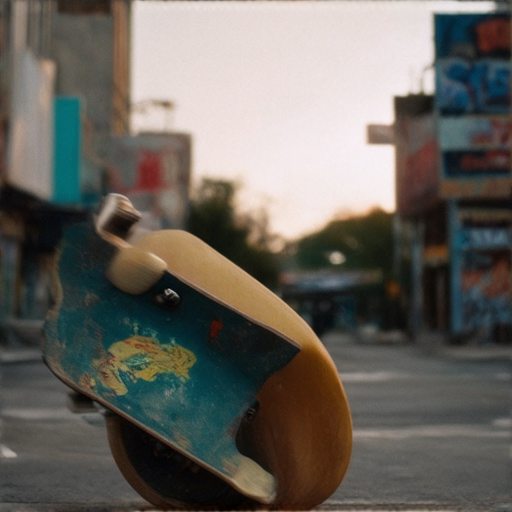
The Most Famous Skate Brand
Skateboarding has a rich history, with various brands emerging over the years to cater to different needs and preferences. Among these brands, some have managed to stand out due to their exceptional quality, innovative designs, and strong market presence. In this response, we’ll explore the most famous skate brands, highlighting their achievements, products, and impact on the sport.
1. Birdhouse Skateboards
Founded by Steve Rocco in 1992, Birdhouse Skateboards is one of the most iconic and influential skate brands. Known for its unique graphics and bold designs, Birdhouse has been a staple in the skate community for decades. The brand has collaborated with numerous professional skaters, including Andrew Reynolds, Mark Gonzales, and Danny Way, further solidifying its reputation.
Learn More About Birdhouse Skateboards
2. Zero Skateboards
Established in 1996 by Jamie Thomas, Zero Skateboards is renowned for its high-quality decks, wheels, and trucks. With a focus on innovation and progression, Zero has become a go-to brand among professional skaters. The company has also been instrumental in promoting the skateboarding lifestyle through various initiatives and events.
3. Santa Cruz Skateboards
Founded in 1973 by Stacy Peralta, Santa Cruz Skateboards is one of the oldest and most respected skate brands. Initially known for its surf-inspired designs, Santa Cruz has evolved over the years to incorporate a wide range of styles and themes. The brand has been associated with legendary skaters like Tony Hawk, Rodney Mullen, and Steve Caballero.
Explore Santa Cruz Skateboards
4. Thrasher Skateboard Magazine
While not a traditional skateboard brand, Thrasher Skateboard Magazine is a cultural institution in the skateboarding world. Founded in 1981 by Bob Cropp and Mike Carroll, Thrasher has become synonymous with skateboarding’s underground culture. The magazine features exclusive interviews, photos, and reviews, making it a must-read for enthusiasts worldwide.
Get Your Copy of Thrasher Magazine
5. Independent Trucks
Established in 1978 by Doug Pall, Independent Trucks is a leading manufacturer of high-quality truck components. Known for its innovative designs and commitment to sustainability, Independent has become a favorite among professional skaters. The brand has also been recognized for its contributions to the skateboarding community, hosting various events and competitions.
Other Notable Skate Brands
In addition to the brands mentioned above, there are several other notable skate brands worth mentioning. Some of these brands include:
- Baker Skateboards
- Real Skateboards
- Chocolate Skateboards
- Girl Skateboards
These brands have all made significant contributions to the skateboarding world, and are definitely worth checking out for anyone looking to learn more about the sport.
Famous Skate Brands of the 90s
The 1990s was a pivotal decade for skateboarding, with many iconic brands emerging during this time. Some of the most famous skate brands of the 90s include:
- Blind Skateboards
- Deathwish Skateboards
- Emerica Footwear
- Enjoi Skateboards
These brands helped shape the skateboarding landscape of the 1990s, and continue to influence the sport today.
Conclusion
In conclusion, these five brands have made significant contributions to the skateboarding world, shaping the sport into what it is today. From innovative designs to strong market presence, each brand has left its mark on the industry, cementing its place as one of the most famous skate brands.
Popular Skate Brands of the 2000s
The early 2000s was a pivotal time for skateboarding fashion, with several iconic brands emerging as staples of the sport. These brands not only reflected the era’s unique aesthetic but also played a significant role in shaping the culture surrounding skateboarding.
Rise of New Skate Brands
- DC Shoes founded in 1994, became synonymous with skateboarding in the 2000s. Their shoes featured bold designs, vibrant colors, and innovative technology that appealed to skaters of all levels.
- Etnies established in 1986, continued to thrive in the 2000s, producing high-quality skate shoes that catered to the needs of professional and amateur skaters alike.
- Supra founded in 1969, gained popularity in the 2000s due to its association with hip-hop culture and its distinctive shoe designs.
Evolution of Established Brands
- Hurley launched in 1979, expanded its product line to include skateboarding gear in the 2000s. Their clothing and accessories featured bright colors, bold graphics, and comfortable designs that resonated with the skateboarding community.
- Quicksilver founded in 1981, continued to dominate the skateboarding scene in the 2000s. Their shoes, apparel, and accessories showcased a mix of classic and modern designs, appealing to both old-school and young skaters.
- Adidas Skateboarding emerged in the late 1990s, but their involvement in skateboarding began to gain momentum in the 2000s. They collaborated with influential skaters, such as Mark Gonzales and Natas Kaupas, to create limited-edition shoes and apparel.
- Vans, as a well-established footwear company, continued to play a significant role in skateboarding culture throughout the 2000s. Their shoes, particularly the Sk8-Hi model, remained a favorite among skaters, while their collaborations with artists and musicians added to their appeal.
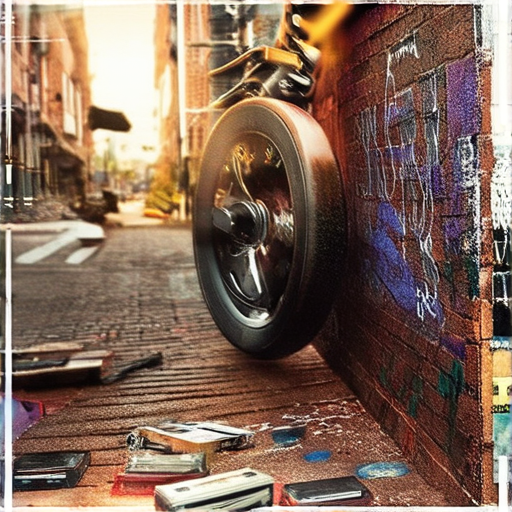
Skater Brands in the 80s
The 1980s was a pivotal decade for skateboarding culture, marked by the emergence of iconic brands that shaped the sport into what it is today. Here are some of the most notable skater brands from the 1980s:
- Powell-Peralta: Founded in 1978, Powell-Peralta became one of the most influential brands of the 1980s. Known for its high-quality decks and distinctive graphics, the company was home to legendary skaters such as Tony Hawk, Steve Caballero, and Rodney Mullen.
- Santa Cruz: Established in 1973, Santa Cruz Skateboards quickly gained popularity in the 1980s due to its unique graphics and high-performance decks. The brand was instrumental in shaping the vertical skateboarding movement, which emphasized technical skills and tricks.
- Vision: Formed in 1979, Vision Skateboards emerged as a major player in the 1980s, known for its sleek designs and high-quality components. The brand was particularly associated with the street skating movement, which focused on urban environments and creative expression.
- Ricta Wheels: Ricta Wheels, founded in 1977, was another prominent brand of the 1980s. Its wheels were renowned for their durability and performance, making them a staple among professional skaters.
- Baker Skateboards: Baker Skateboards, established in 1996, may seem like a relatively recent addition to the skateboarding landscape. However, its roots date back to the 1980s, when the company was founded by Andrew Reynolds.
These five brands – Powell-Peralta, Santa Cruz, Vision, Ricta Wheels, and Baker Skateboards – played a significant role in shaping the skateboarding industry during the 1980s. Their contributions to the sport’s development, innovation, and cultural significance continue to inspire new generations of skaters and enthusiasts alike.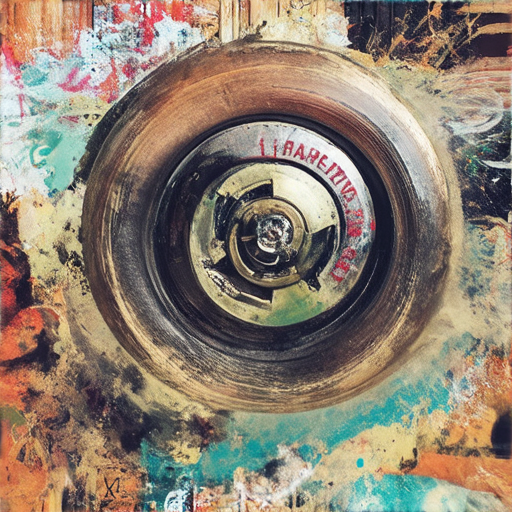
Skate Brands Overview
The number of skate brands can vary depending on how one defines a “brand.”
- Kickflip Boards is a brand and resource site for skateboard enthusiasts, providing information on skateboard styles, maintenance tips, and skateboarding culture.
- According to a report by Grand View Research, the global skateboard market size was valued at USD 2.5 billion in 2020 and is expected to grow at a compound annual growth rate (CAGR) of 6.8% from 2021 to 2028.
- A 2020 survey conducted by Skateboarder Magazine reported that there were over 400 skateboard brands operating globally.
- Skateboarder’s Journal estimates around 500-600 distinct skateboard brands.
Diversification of Skate Brands
With the global skateboard market expected to grow, it’s likely that the number of skate brands has increased significantly over the past few years.
According to Skateboarder Magazine, the top 10 best skateboard brands include:
- Birdhouse Skateboards
- Chocolate Skateboards
- Deathwish Skateboards
- Enjoi Skateboards
- Girl Skateboards
- Palace Skateboards
- Real Skateboards
- Santa Cruz Skateboards
- Thrasher Skateboards
- Element Skateboards
In addition to these well-established brands, there are numerous smaller, niche brands focusing on specific aspects of skate culture, such as sustainability, accessibility, and inclusivity.
Challenges Facing Small Skate Brands
Despite the growth of the skateboarding industry, small skate brands face significant challenges in competing with larger brands.
One major challenge is adapting to changing consumer preferences, which can be difficult for smaller brands to keep up with.
Another challenge is competition from larger brands, which often have greater resources and marketing budgets.
However, these challenges also present opportunities for innovative and agile small skate brands to differentiate themselves and attract loyal customers.
The Oldest Skate Brand
One of the most iconic skate brands in the industry, Santa Cruz Skateboards has been a driving force in the world of skateboarding since its founding in 1973.
Santa Cruz Skateboards
Santa Cruz Skateboards was founded by three friends – surfer Richard Novak, Doug Haut, and Jay Shuirman – under the name NHS, which stands for the first letter of each of their surnames: Novak, Haut, and Sherman.
Historical Significance
NHS began producing wooden boards, which quickly gained popularity among local surfers. As the company grew, it became known for its unique designs and innovative approach to skateboarding.
Richard Novak
Richard Novak, one of the co-founders of Santa Cruz Skateboards, played a crucial role in shaping the company’s early years and influence on the skateboarding industry.
Doug Haut
Doug Haut, another co-founder of Santa Cruz Skateboards, contributed significantly to the company’s growth and success during its early years.
Jay Shuirman
Jay Shuirman, the third co-founder of Santa Cruz Skateboards, brought his expertise in design and manufacturing to the table, helping the company establish itself as a leader in the skateboarding industry.
Early Years and Evolution
In 1980, the company changed its name to Santa Cruz Skateboards, reflecting its roots in California’s famous Santa Cruz Beach Boardwalk. This rebranding marked a significant turning point for the company, allowing it to expand its reach and establish itself as a major player in the skateboarding industry.
Key Milestones and Achievements
Throughout its history, Santa Cruz Skateboards has been associated with several notable milestones and achievements, including:
- Being one of the first companies to introduce the “sidewalk” style of skateboarding, characterized by wider, softer wheels and a more relaxed riding style.
- Collaborating with influential skaters such as Rodney Mullen, Steve Caballero, and Stacy Peralta, who helped shape the sport and popularize Santa Cruz Skateboards worldwide.
- Producing some of the most iconic skateboards in history, including the classic “Peruvian Bird” model.
Legacy and Impact
Santa Cruz Skateboards continues to be a driving force in the skateboarding world, inspiring new generations of riders and shaping the sport’s evolution. Its commitment to innovation, creativity, and community has cemented its place as one of the oldest and most respected skate brands in the industry.
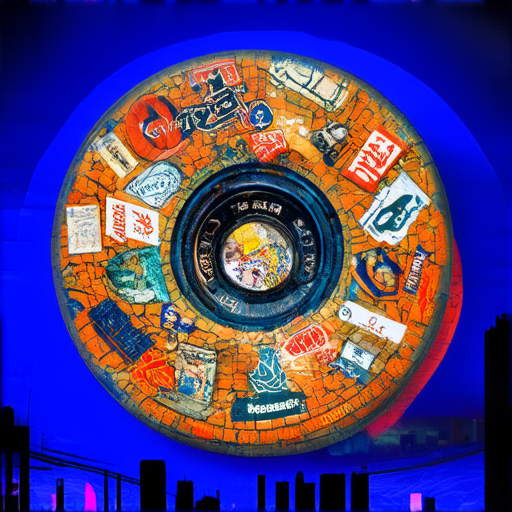
Top Tier Skate Brands
The world of skateboarding has seen numerous iconic brands emerge over the years, each contributing to the sport’s rich history and culture. When it comes to high-quality skateboard decks, several top-tier brands stand out for their exceptional craftsmanship, innovative designs, and commitment to excellence.
Criteria for Evaluating Top Brands
- Kickflip Boards evaluated top-tier skate brands based on their reputation, product quality, and impact on the skateboarding industry.
- Key factors influencing a brand’s ranking include their innovative designs, strong brand identity, and community engagement.
Characteristics of Successful Brands
- Innovation and creativity are essential characteristics of successful skate brands, as they continually push the boundaries of what is possible with their products.
- Strong brand identity and community engagement are also crucial, as they foster loyalty and drive the brand’s success.
Baker Skateboards
Girl Skateboards
Zero Skateboards
Real Skateboards
Chocolate Skateboards
Enjoi Skateboards
Deathwish Skateboards
Palace Skateboards
Santa Cruz Skateboards
Thrasher Skateboards
Conclusion
Exploring these top-tier skate brands can help you find the perfect deck to suit your skating style and preferences. By understanding the characteristics of successful brands and evaluating them based on their reputation, product quality, and impact on the industry, you can make informed decisions when choosing a new deck.
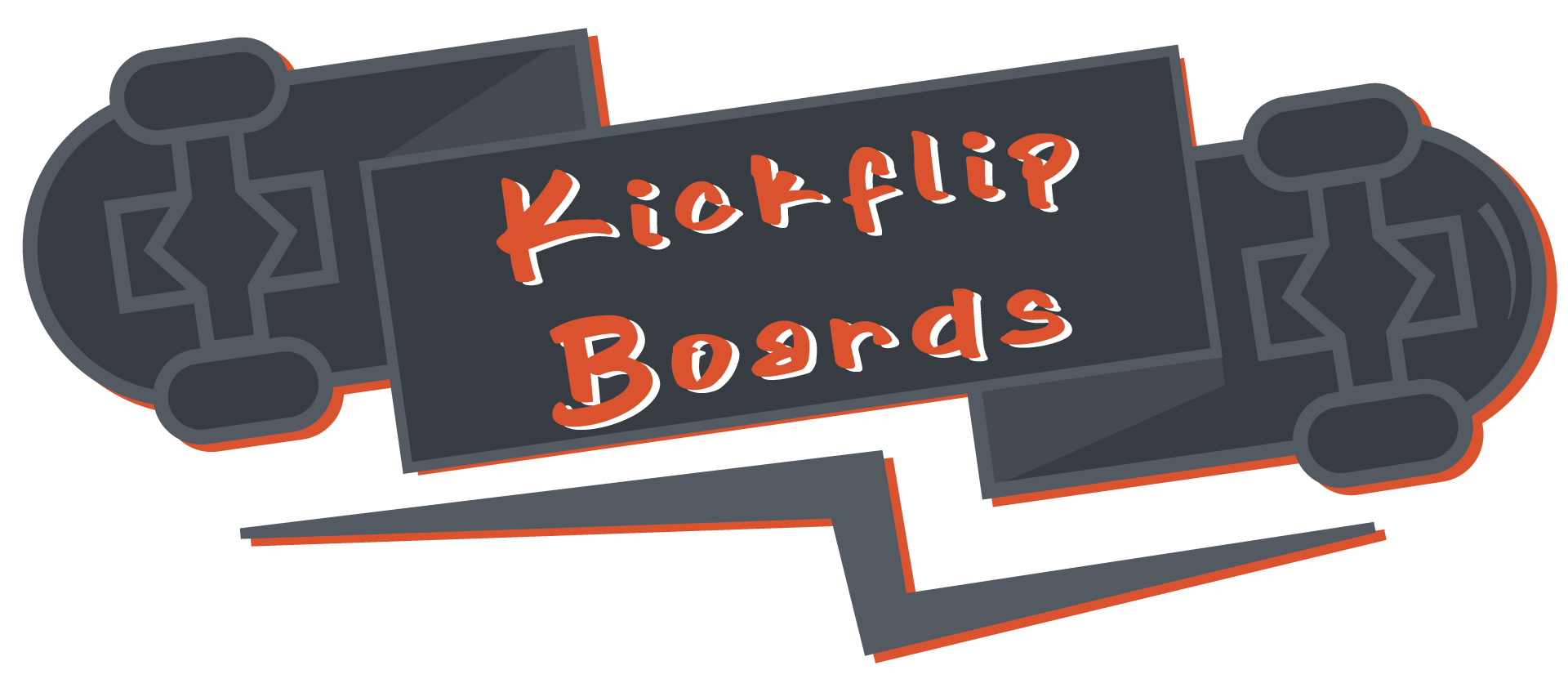
0 Comments